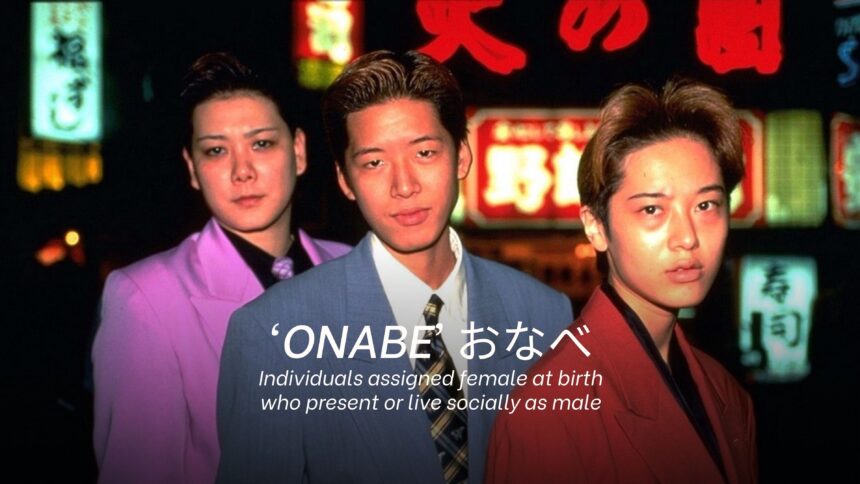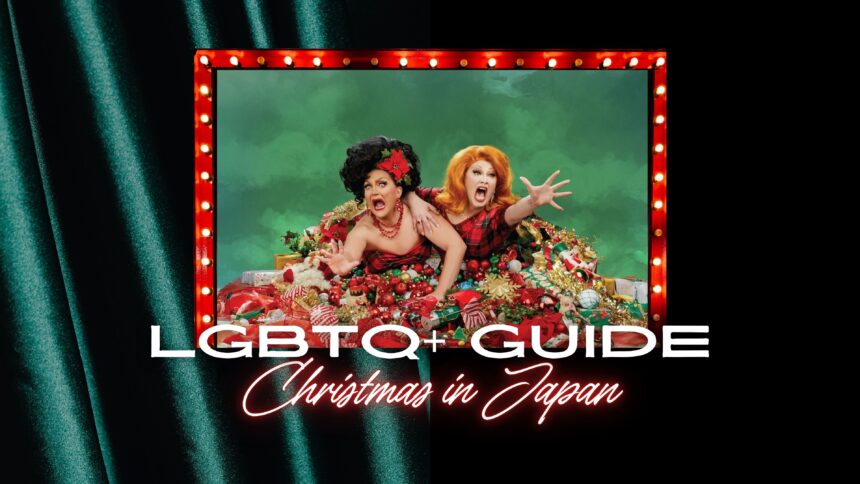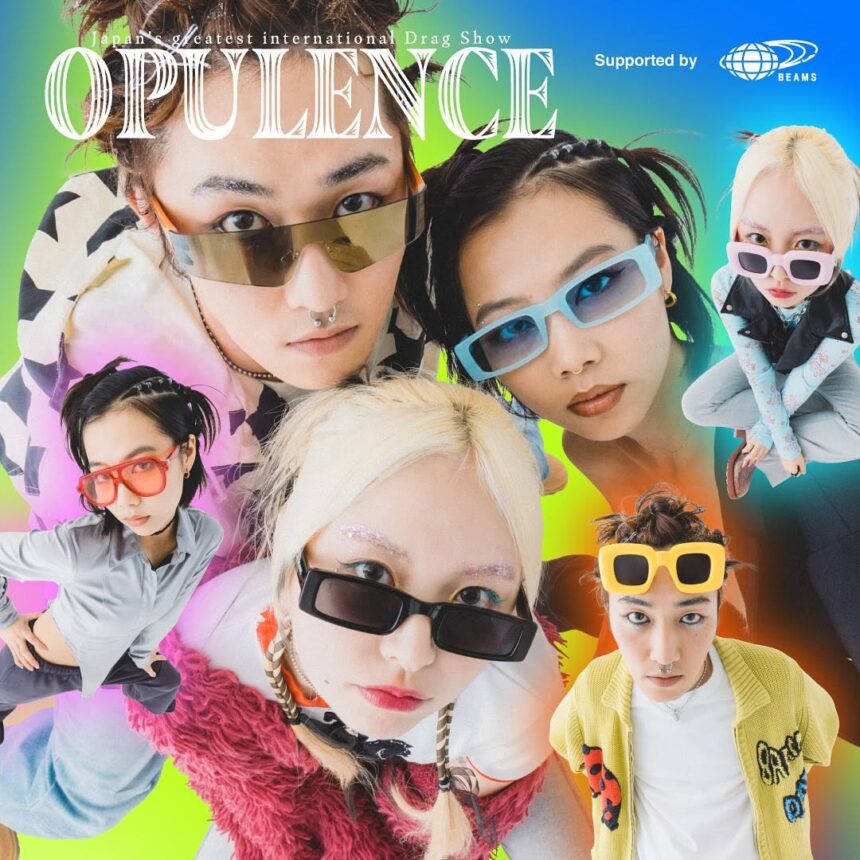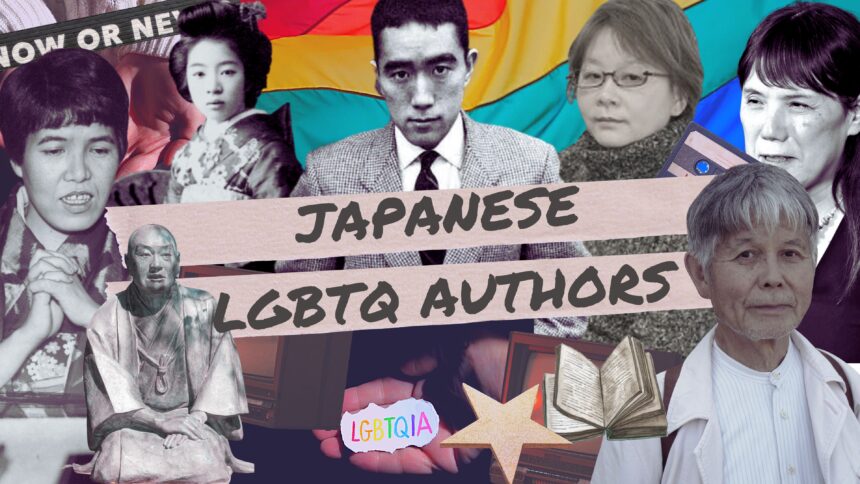In Japanese LGBTQ+ culture, certain slang terms carry deep cultural meaning, and one of the most recognized is Onabe (おなべ). The term Onabe in Japan has long been used to describe individuals assigned female at birth who present or live socially as male, often in the context of nightlife and queer communities. While the word may not be familiar outside Japan, it represents an important piece of how gender identity and expression have been discussed within the country.
What Does Onabe Mean in Japanese
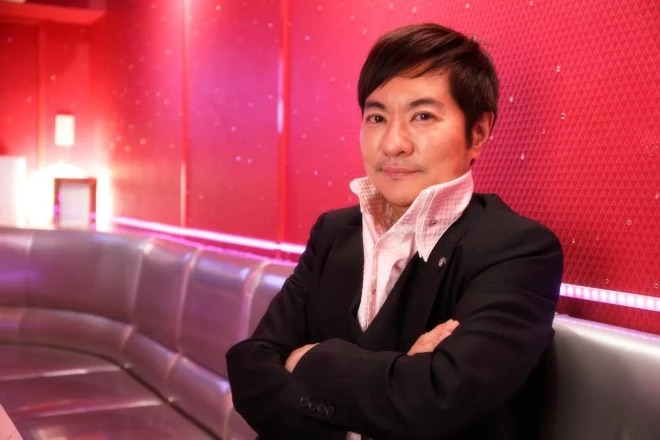
In everyday Japanese, nabe means “cooking pot.” The slang term ‘Onabe’, however, refers to individuals Assigned Female At Birth (AFAB) who present or live socially as male. The word emerged within queer subcultures and is most strongly associated with nightlife in Tokyo and Osaka.
Historically, the label Onabe did not always map neatly onto Western concepts such as “transgender man” or “butch lesbian.” Instead, it represented a broad category of masculine-presenting women or AFAB people who took on male-coded roles, particularly in relationships or entertainment settings.
‘Onabe’ in Japanese Culture
In Nightlife and Host Clubs
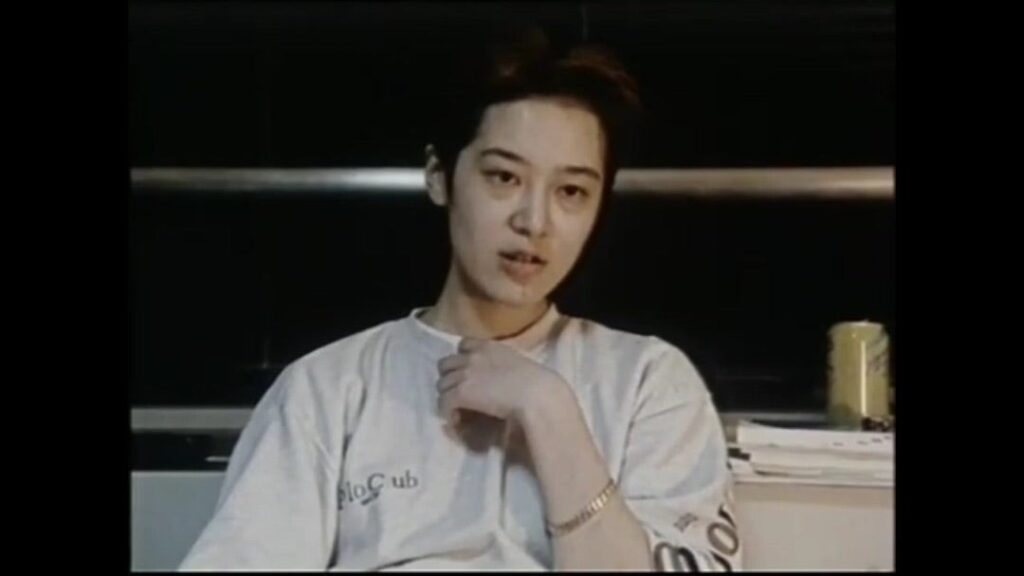
The word Onabe became widely recognized through nightlife. In Shinjuku Ni-chome, Tokyo’s largest LGBTQ+ district, Onabe bars operated as spaces where Onabe worked as hosts, entertaining female clients in a manner similar to traditional male host clubs. These venues offered women a chance to interact with masculine-presenting partners outside heteronormative contexts, while also creating community spaces for Onabe themselves.
Cultural Visibility
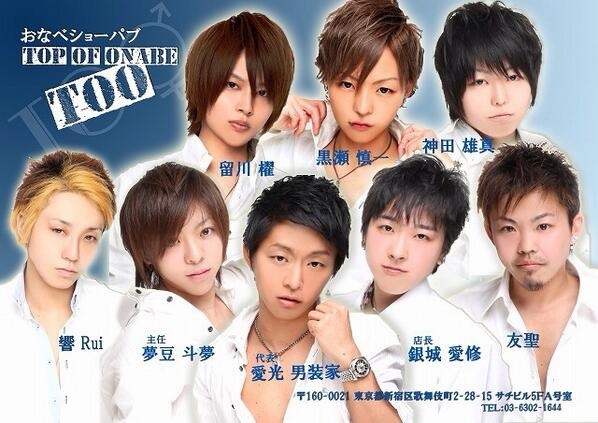
For some, being Onabe was less about strict identity and more about participating in a social role within nightlife culture. These identities were highly visible in Japan’s queer subcultures, but mainstream understanding often remained limited to stereotypes.
Shifts in Language
As global LGBTQ+ activism grew, many people who once might have identified with Onabe began adopting terms such as transgender (トランスジェンダー) or X-gender (エックスジェンダー), which felt more affirming and aligned with international rights movements.
Is ‘Onabe’ Offensive or Outdated?
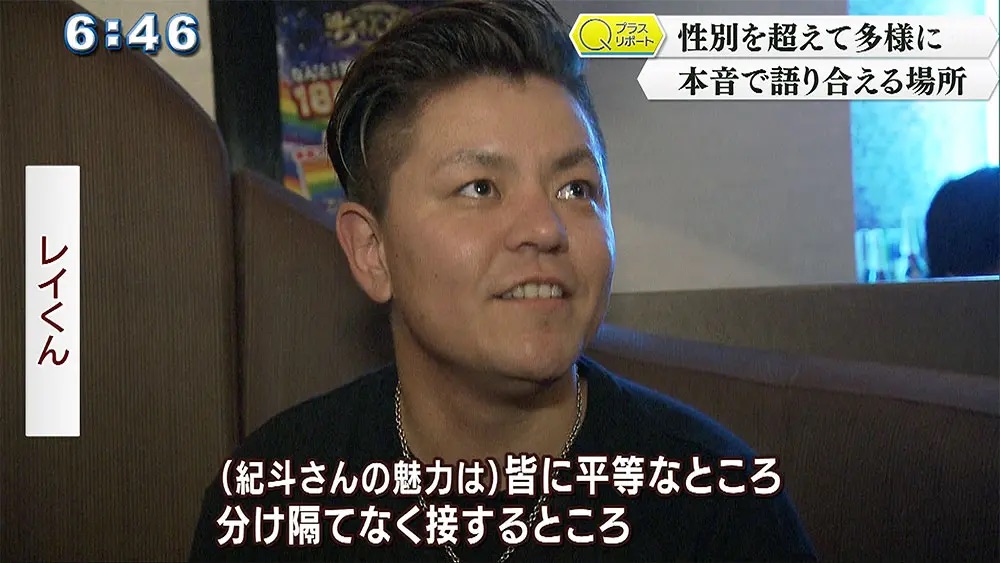
Unlike okama, which is broadly considered derogatory, the word Onabe is less overtly insulting. Still, its usage can feel outdated. Some LGBTQ+ people in Japan embrace the term with pride, especially within nightlife, while others feel it oversimplifies identity or fails to reflect their lived experience.
Today, younger generations often prefer to describe themselves using terms like FTM (female-to-male), trans man, or X-gender, which offer greater precision. Outsiders should be careful when using the word Onabe casually, as it is best understood within its cultural and historical context.
‘Onabe’ and Other Gender Identity Terms in Japan
To understand Onabe, it helps to see it alongside other Japanese LGBTQ+ terms:
- Okama (おかま): Traditionally used to describe effeminate men or drag performers, now considered derogatory.
- Onee (おねえ): A softer slang for flamboyant gay men, often used in media.
- X-Gender (Xジェンダー): A modern identity category similar to “non-binary,” increasingly embraced by younger Japanese LGBTQ+ people.
Compared with these terms, Onabe reflects an earlier stage of Japan’s queer vocabulary—important historically, but less commonly used today in activist and everyday settings.
‘Onabe’ in Media and Representation

While not as common as okama in mainstream television, Onabe has appeared in Japanese media, particularly in dramas or documentaries exploring Ni-chome nightlife. Representation, however, often focuses narrowly on the entertainment role of Onabe hosts rather than everyday life or personal identity.
This limited media visibility means that many outside Japan—and even many within—still misunderstand the diversity of experiences that fall under or adjacent to the label Onabe.
Frequently Asked Questions
What does Onabe mean in Japan?
Onabe is a slang term for AFAB individuals who present as male, often associated with LGBTQ+ nightlife and host clubs.
Is Onabe offensive?
It is not as derogatory as okama, but it can feel outdated. Some people still identify with the word, while others prefer modern terms like trans man or X-gender.
Are there still Onabe bars in Japan?
Yes. In Shinjuku Ni-chome and Osaka’s Doyama district, some bars are still known as Onabe bars, where hosts entertain female customers.
What terms do younger LGBTQ+ people in Japan use instead of Onabe?
Many use transgender (トランスジェンダー), FTM, or X-gender, which align more closely with global understandings of gender identity.
